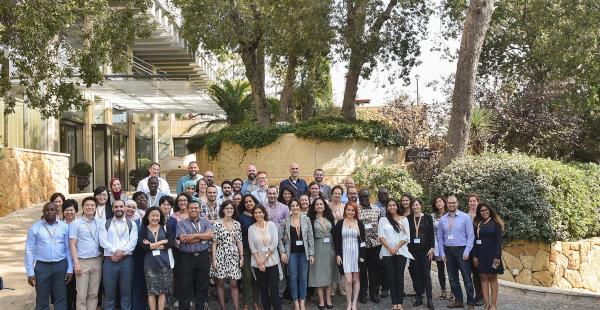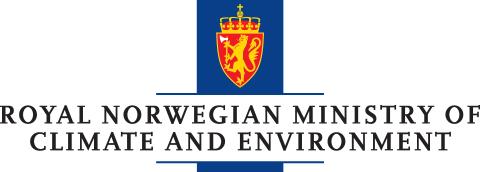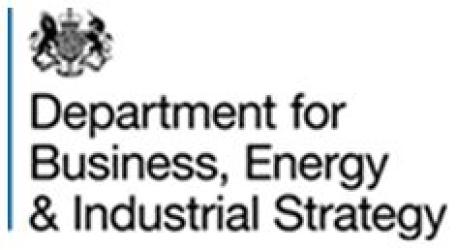
2019 Annual Partnership Retreat discussed how to get ready for the transition to the ETF
The Annual Partnership Retreat of the Partnership on Transparency in the Paris Agreement is an established forum for facilitating the international negotiation process on the issue of climate transparency and for sharing experience in building national transparency systems in different countries.
From October 18-23, the 8th Annual Partnership Retreat (APR) took place in Broumana, Republic of Lebanon. 54 participants from 24 developing and industrialised countries as well as 6 international organisations prepared for COP25 and reflected under this year’s APR theme “getting ready for the transition to the Enhanced Transparency Framework” necessary next steps in this regard.
In the light of the international negotiations on the modalities, procedures and guidelines (MPGs) for the Enhanced Transparency Framework (ETF) being mostly finalised, with the exception of the tabular formats for reporting, the invited transparency negotiators and national policy-makers and practitioners centered their discussions, group works and inputs during the APR on mostly the following topics:
- Key expectations for COP25
- Capacity needs for transparency
- The transition from the current reporting framework to the ETF
- How to track progress on Nationally Determined Contributions (NDCs)
- Reporting on adaptation
- Reporting on support
- How to operationalize flexibility in reporting
As every year, the APR was designed to deepen relationships and networks and build trust among parties by providing a space for an open exchange of positions and experiences.
This year’s APR was hosted by the Lebanese Ministry of Environment and financed by the Federal Ministry for the Environment, Nature Conservation and Nuclear Safety of Germany, with co-financing from the Ministry of Public Health and Environment of the Belgian federal government, the Royal Norwegian Ministry of Climate and Environment and the UK Department for Business, Energy and Industrial Strategy.
The agenda is available for download on the right margin of this page, the report will soon follow.
Presentations:
Day 1
Rocío Lichte (BMU Germany) - Introduction to the Partnership on Transparency in the Paris Agreement
Gonçalo Cavalheiro (CAOS Sustentabilidade) - Re-cap and main take-aways from last year’s Retreat
Mary Awad (MoE Lebanon) - Testimonial from APR 2018
Day 2
Katia Simeonova (UNFCCC Secretariat) - Status of international negotiations: the ETF in the Katowice Climate Package and work ahead towards COP25
Ana Cardoso (CBIT / UNEP DTU) - Determining capacity and identifying capacity building needs
Mary Awad (MoE Lebanon) - Sharing experience: determining capacity, capacity gaps and needs
Saúl Pereyra (Ministry of Environment and Natural Resources, Mexico) - Sharing experience: overcoming barriers and sustainably building capacity
Michael Onwona-Kwakye (Environmental Protection Agency, Ghana) - Sharing experience: Ghana’s NDC: tracking progress
Cynthia Elliott (World Resources Institute) - Tracking progress in a tabular format
Takashi Morimoto (Mitsubishi UFJ Research & Consulting, Japan) - Sharing views: on tabular formats for tracking progress
Alyssa Ng (National Climate Change Secretariat, Singapore) - Sharing views: on tabular formats for tracking progress
Day 3 (no presentations)
Day 4
Ana Lucia Moya (Ministry of Energy and Environment, Costa Rica) - Sharing experience: challenges and success stories in BR/BUR preparation
Hakan Aydogan (Ministry of Environment and Urbanisation, Turkey) - Sharing experience: challenges and success stories in BR/BUR preparation
Cynthia Elliott (World Resources Institute) - Comparing key requirements in the current framework and in the ETF
Ruba Ajjour (Royal Scientific Society, Jordan) - Preparing for transition to the ETF. The case study of Jordan
Oscar Zarzo (German Environment Agency) - Roadmap for ETF readiness
Day 5
Jenny Mager (Ministry of Environment, Chile) - Participating in ICA and in voluntary peer review
Patricia Grobben (Federal Climate Change Service, Belgium) - TER – commonalities and differences to ICA and IAR
Navina Sanchez (GIZ) - Developing guidelines for the adaptation communication and The Elements of the Adaptation Communications & Biennial Transparency Reports
Timo Leiter (LSE) - The adaptation cloud – making efficient sense of the reporting requirements
Lidiane Melo (Ministry of Science and Technology, Brazil) - Monitoring and reporting on adaptation action - the Brazilian experience
Chiara Falduto (OECD) - Tabular formats for climate finance reporting
Illari Aragon (IIED) - Tabular formats for reporting support needed and received: LDC Group perspective
Geoffrey Brouwer (Environment & Climate Change, Canada) - Canada’s approach to reporting on support provided & mobilized
Jenny Mager (Ministry of Environment, Chile) - COP 25: preparing for NDC updates, the GST and the transition to the ETF
Sandra Motshwanedi (Department of Environmental Affairs, South Africa) - Tracking Support Needed and Received
Day 6
Jae H. Jung (Ministry of Foreign Affairs, Republic of Korea) - Flexibility in the ETF
Hossein Khajehpour (Department of the Environment, Iran) - ETF flexibilities: LMDC & Iran
The APR 2019 was organized with additional financial support of:




